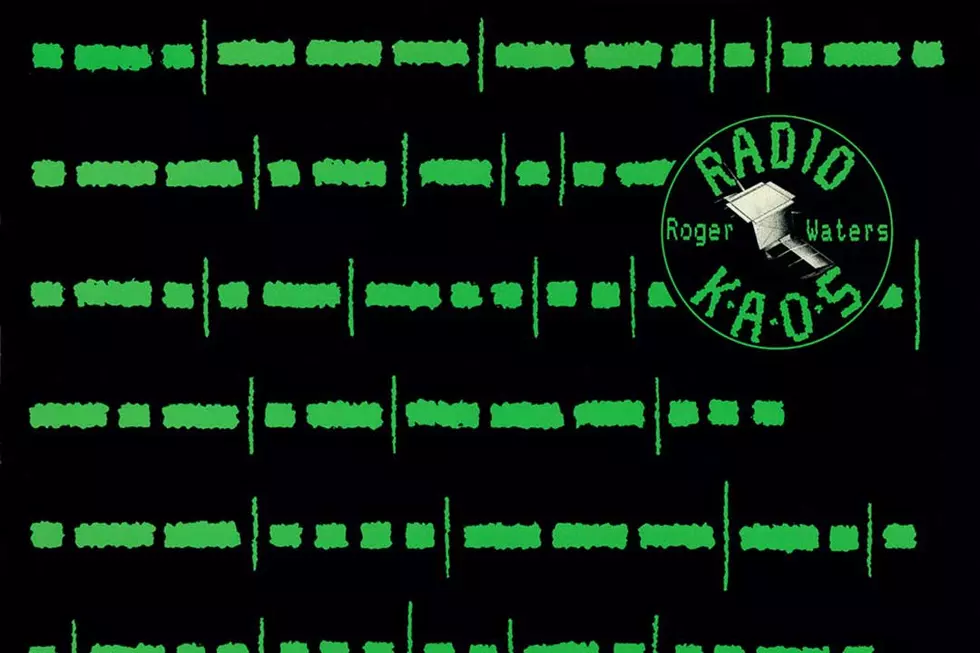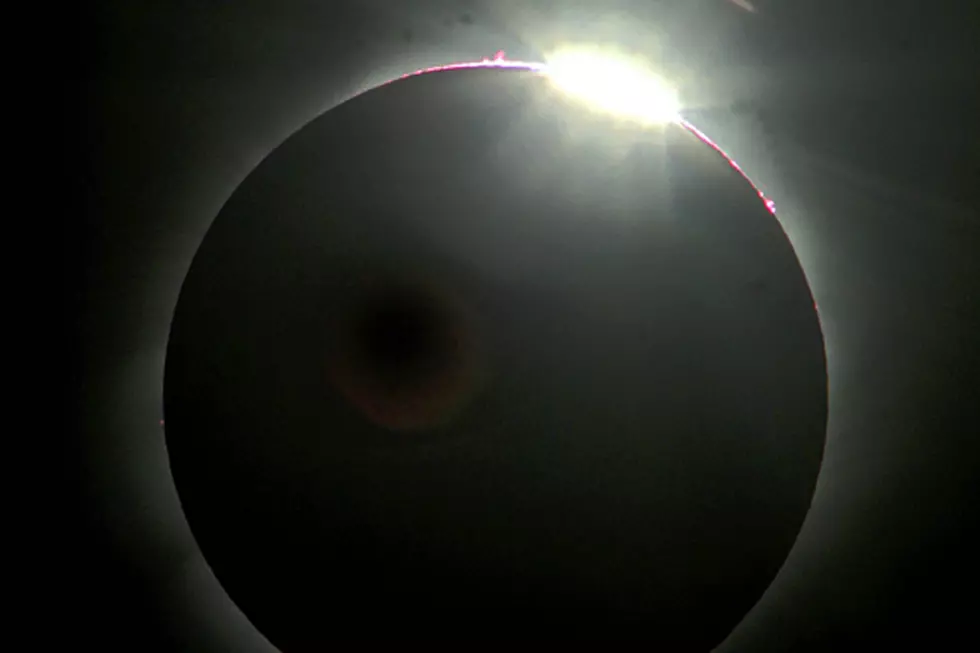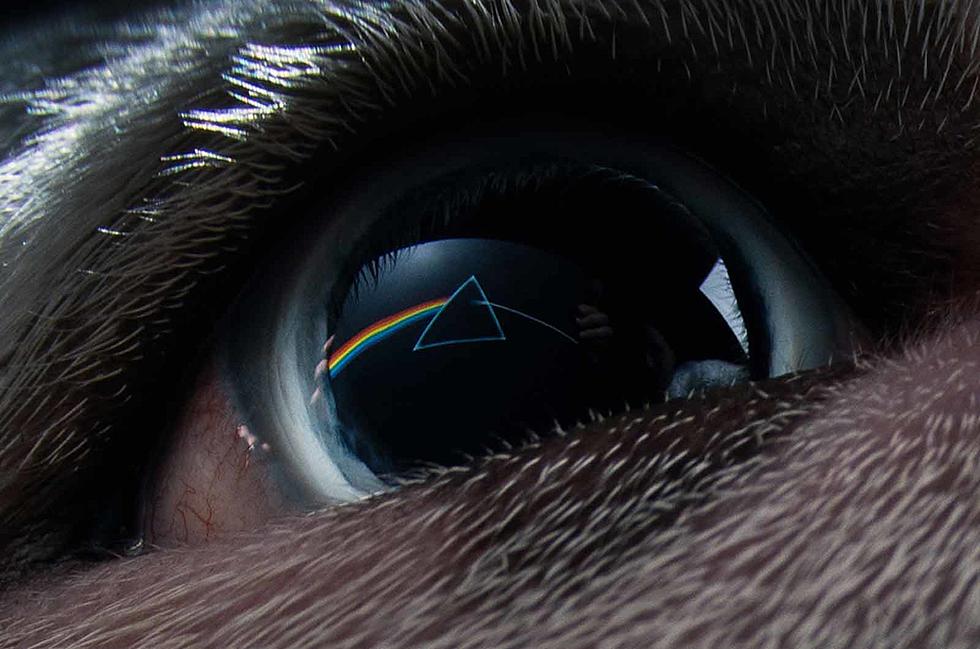
Why Roger Waters Stumbled So Badly With ‘Radio K.A.O.S.’
Former Pink Floyd mastermind Roger Waters' second solo effort Radio K.A.O.S. didn't arrive on June 15, 1987 with the simplest narrative for a concept album.
Waters uses eight songs to tell the story of a pair of Welsh brothers: Benny (a coal miner/ham radio enthusiast) and Billy (who is highly intelligent but seriously disabled) are separated after Benny is arrested for a crime he didn't commit. Billy is then sent to live with his uncle in Los Angeles.
Once there, Billy discovers he can modify cordless phones to access computers and speech synthesizers and use them to speak, establishing a friendship of sorts with a freeform radio station. (We're pretty sure you can guess the call letters.) In the final act, Billy hacks into a military satellite in order to fool the world into thinking it's headed for nuclear destruction, thus beginning a new era of peace and harmony.
Acknowledging the complexity of that narrative, Radio K.A.O.S. was bundled with a libretto that tried to explain the story between songs like "Radio Waves," "Me or Him," and "The Tide is Turning (After Live Aid)." Complicating matters was the machine-heavy production which Roger Waters himself later derided: "I allowed myself to get pushed down roads that were uncomfortable for me."
Listen to Roger Waters' 'The Tide is Turning'
Waters also argued that "I should never have made that record," a sentiment shared by many critics at the time. Jimmy Guterman and Owen O'Donnell featured Radio K.A.O.S. in their book The Worst Rock n' Roll Records of All Time, saying it was "fueled by colossal ineptitude and a perversely fascinating inability to communicate even the simplest idea without wrapping it in pretension."
The commercial reception to the album was lukewarm too: Radio K.A.O.S. peaked at No. 50, spinning off only a pair of minor rock hits in "Radio Waves" and "Sunset Strip." Waters' ambitious tour suffered soft sales and cancellations, despite featuring a sprawling, career-spanning set and appearances by famed DJ Jim Ladd, whose weeknight show on KLOS was said to have helped inspire the album.
Overshadowing the whole thing was Roger Waters' ongoing feud with Pink Floyd, which was being settled in court while his former bandmates embarked on their own hugely successful tour in support of the multiplatinum A Momentary Lapse of Reason. Their smash LP proved Pink Floyd could continue without Waters, while he struggled to fill arenas on his own.
Initially undaunted by the relative failure of Radio K.A.O.S., Waters was rumored to be working on a sequel. As it turned out, he wouldn't re-emerge with another solo album until 1992's Amused to Death.
David Gilmour and Roger Waters Solo Albums Ranked
You Think You Know Pink Floyd?
More From Ultimate Classic Rock









